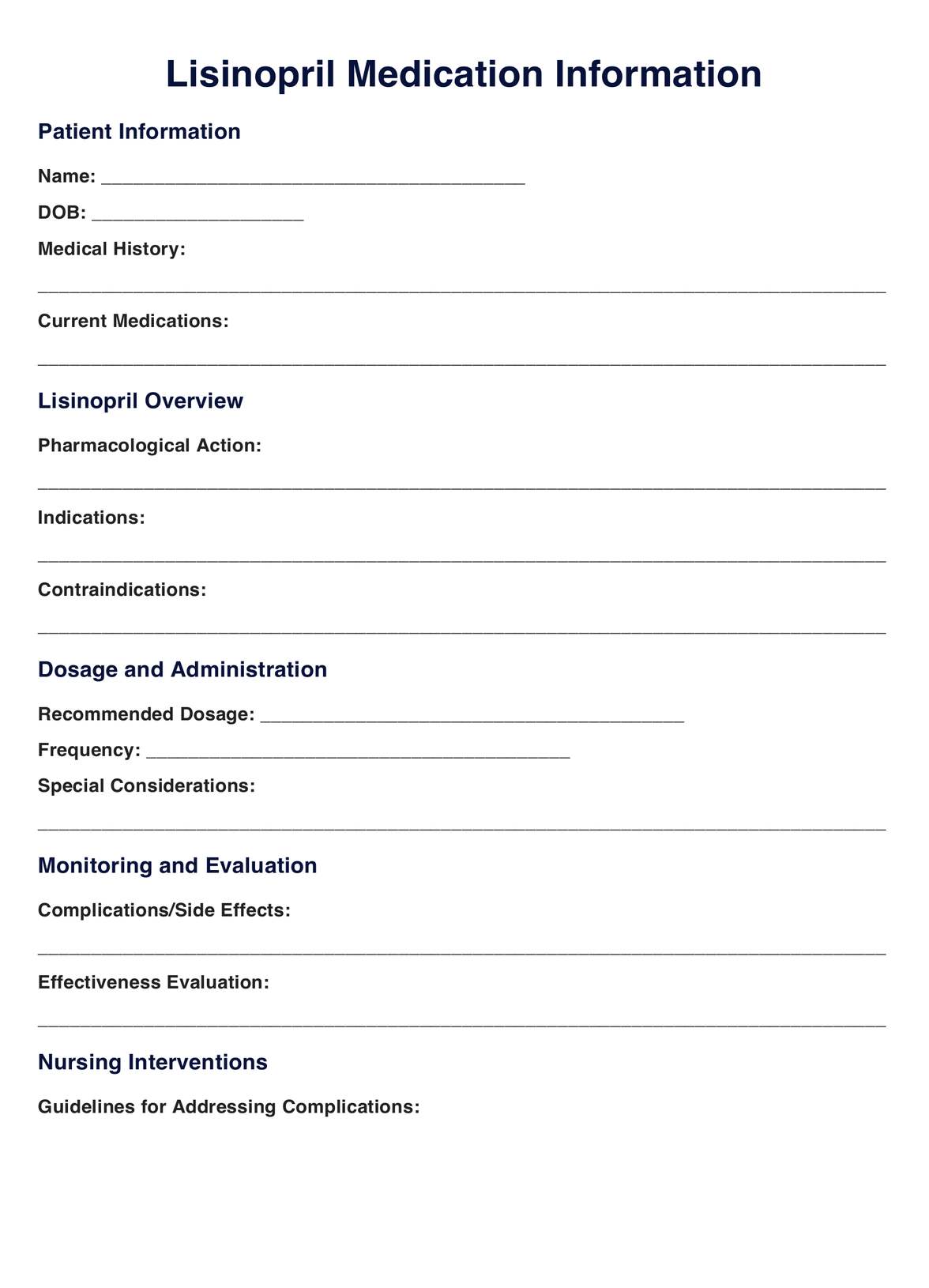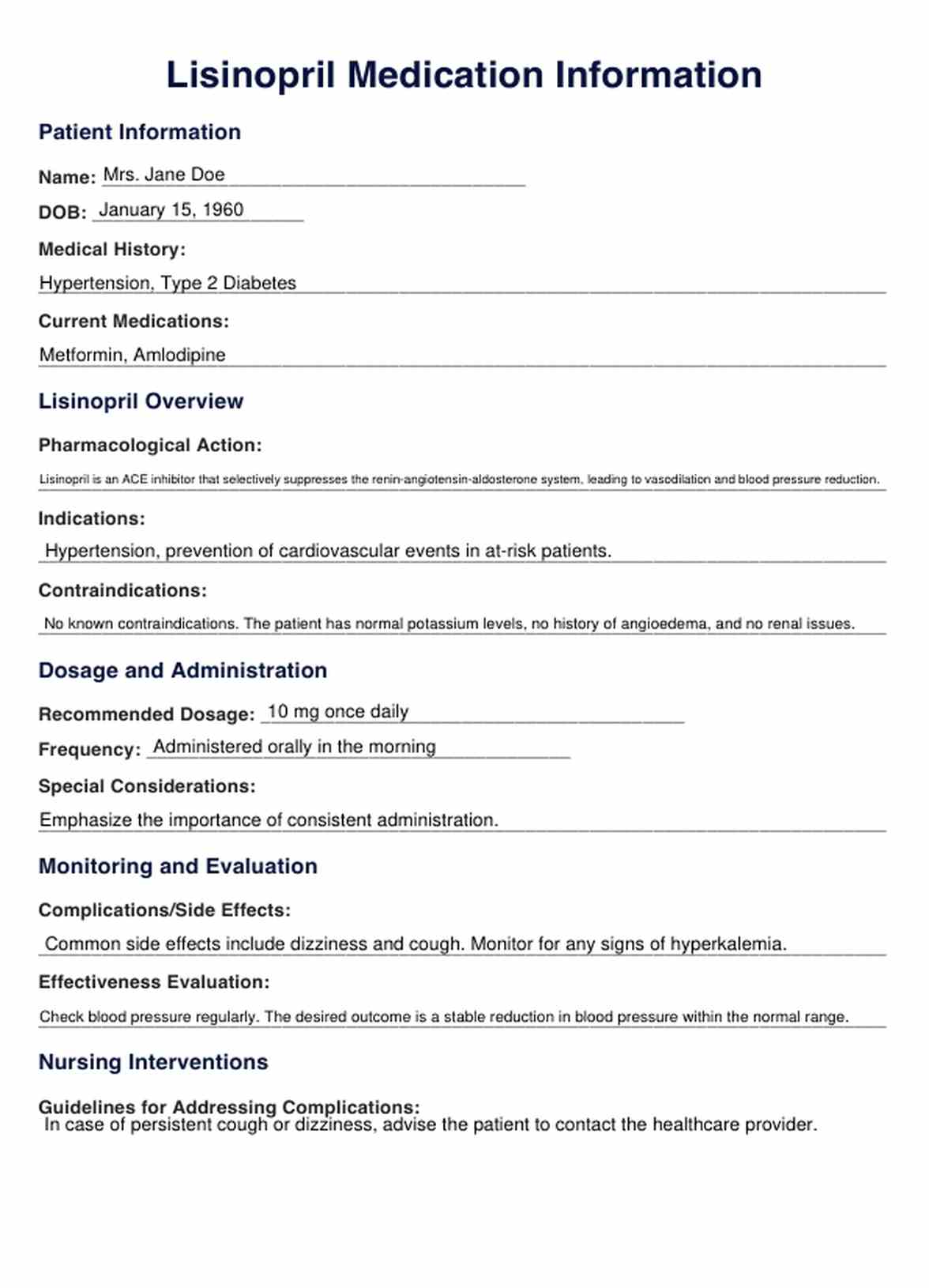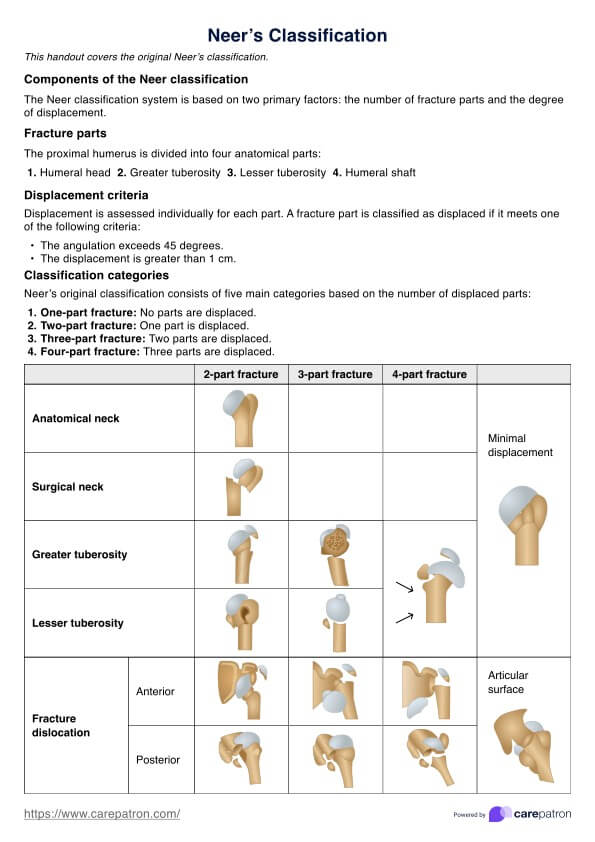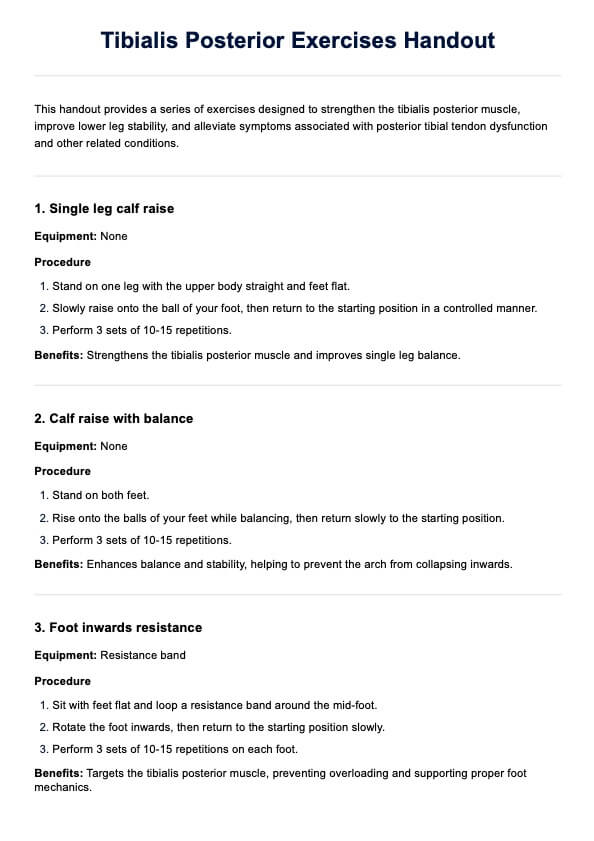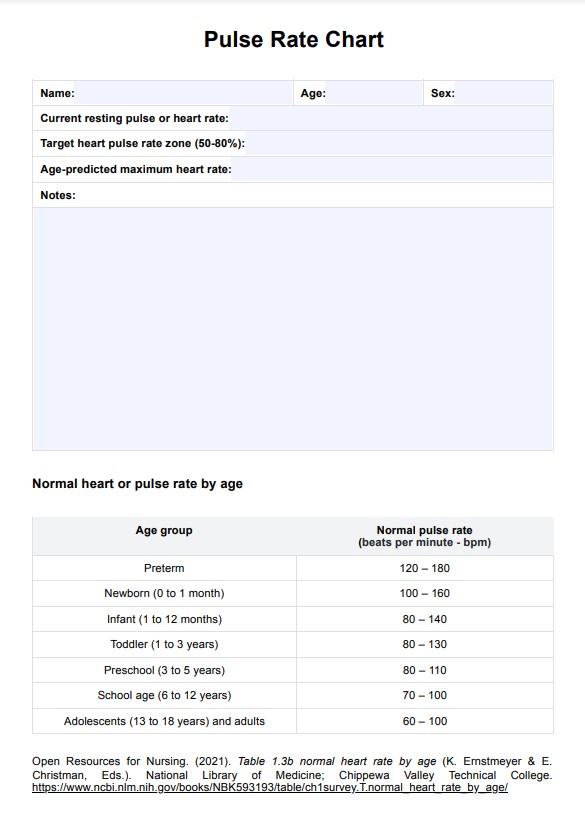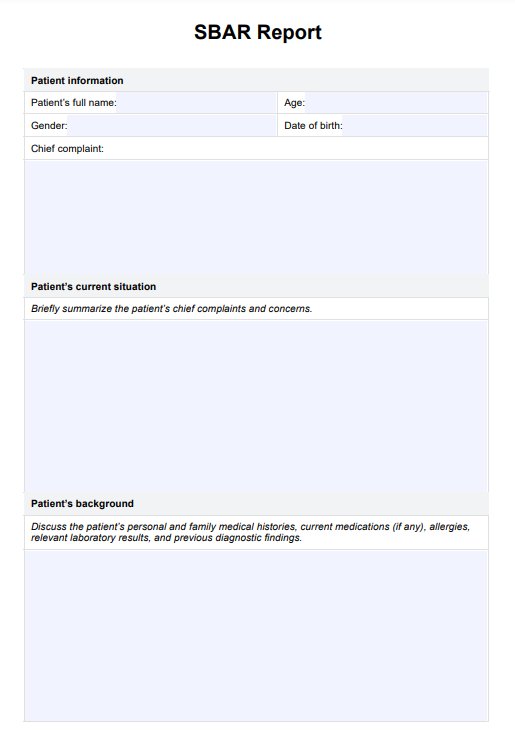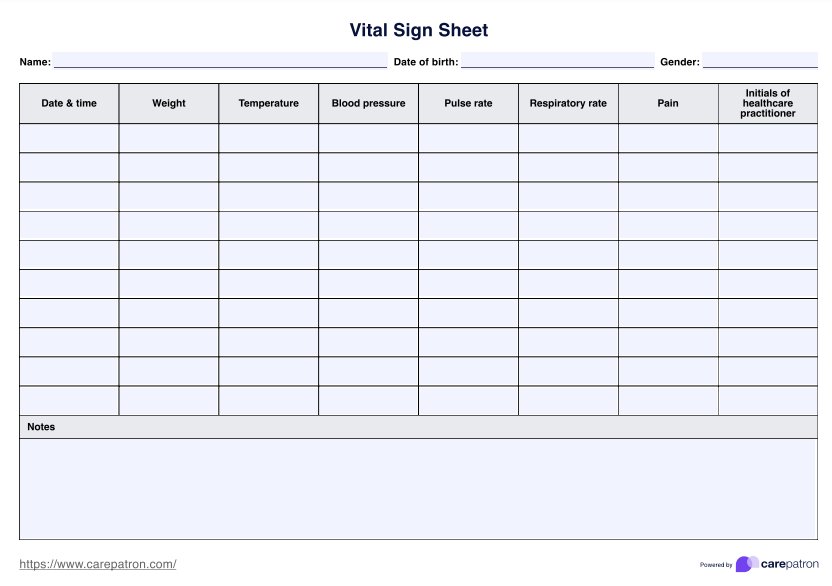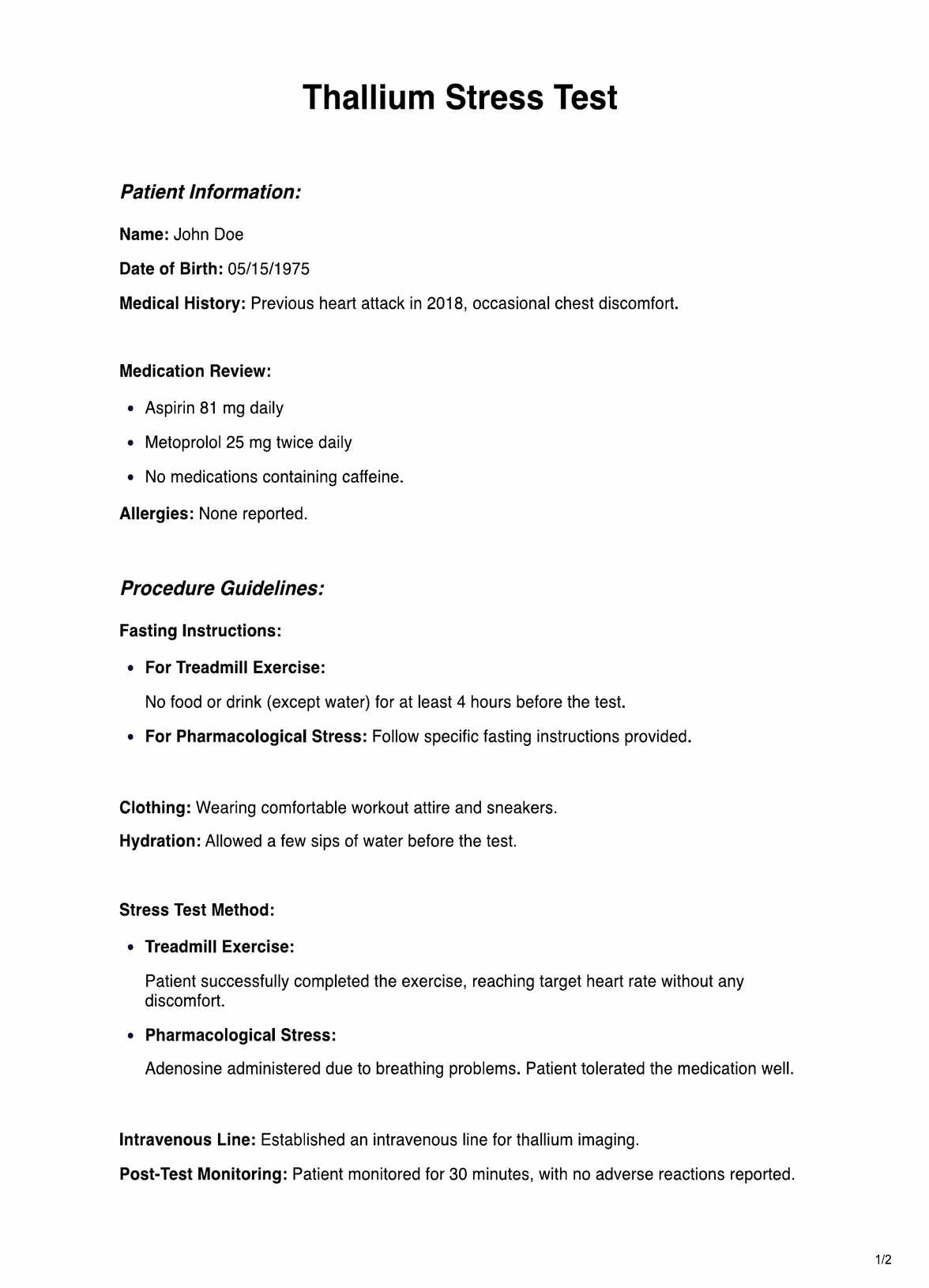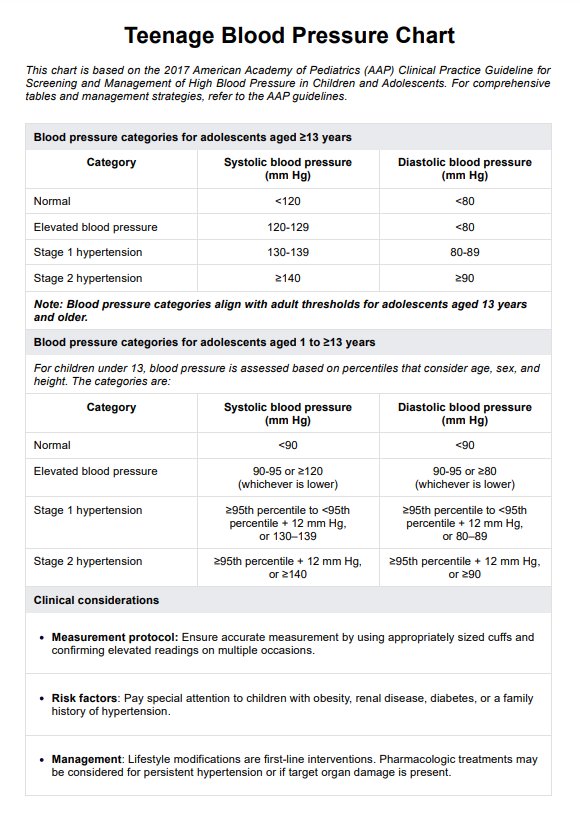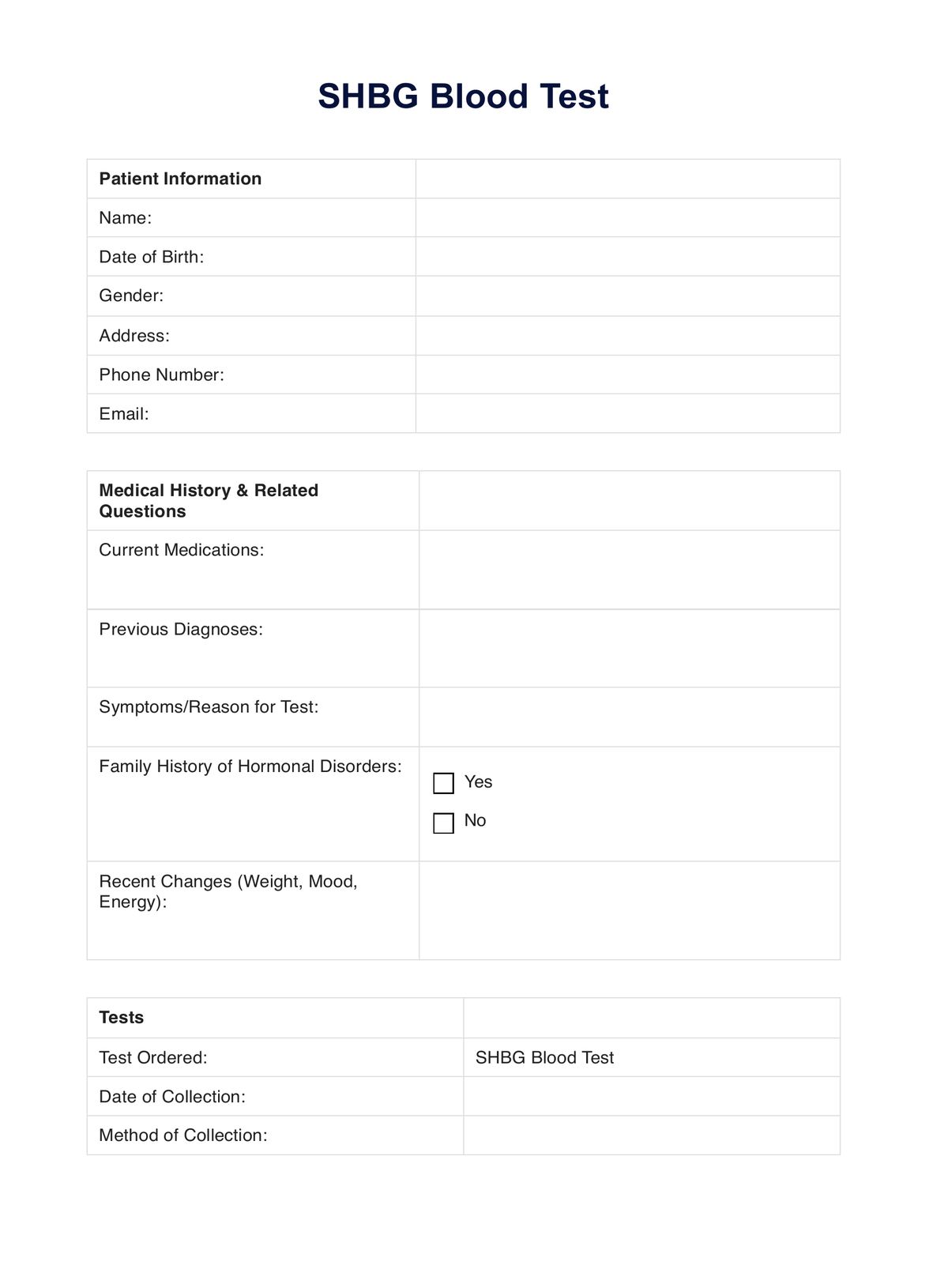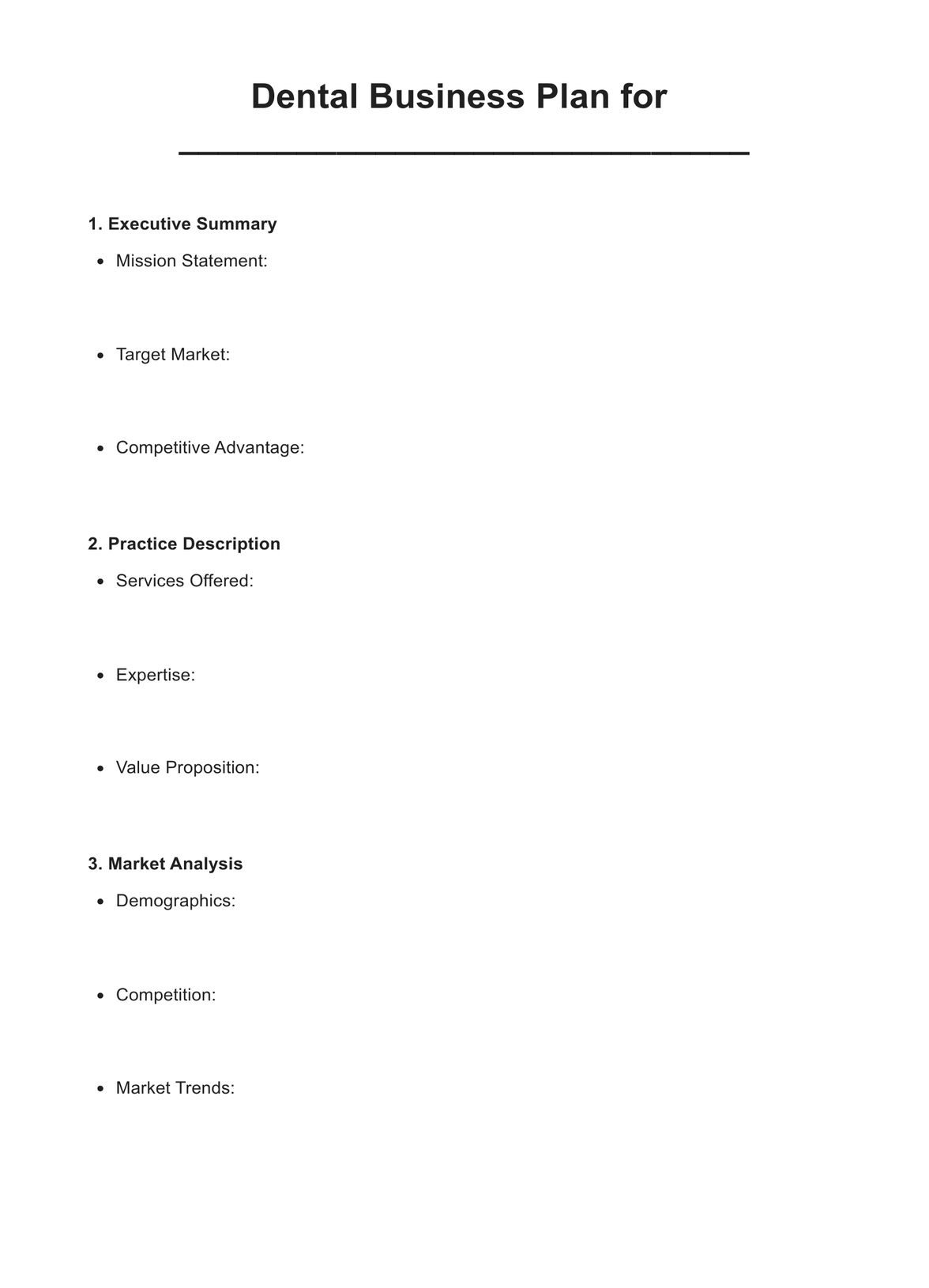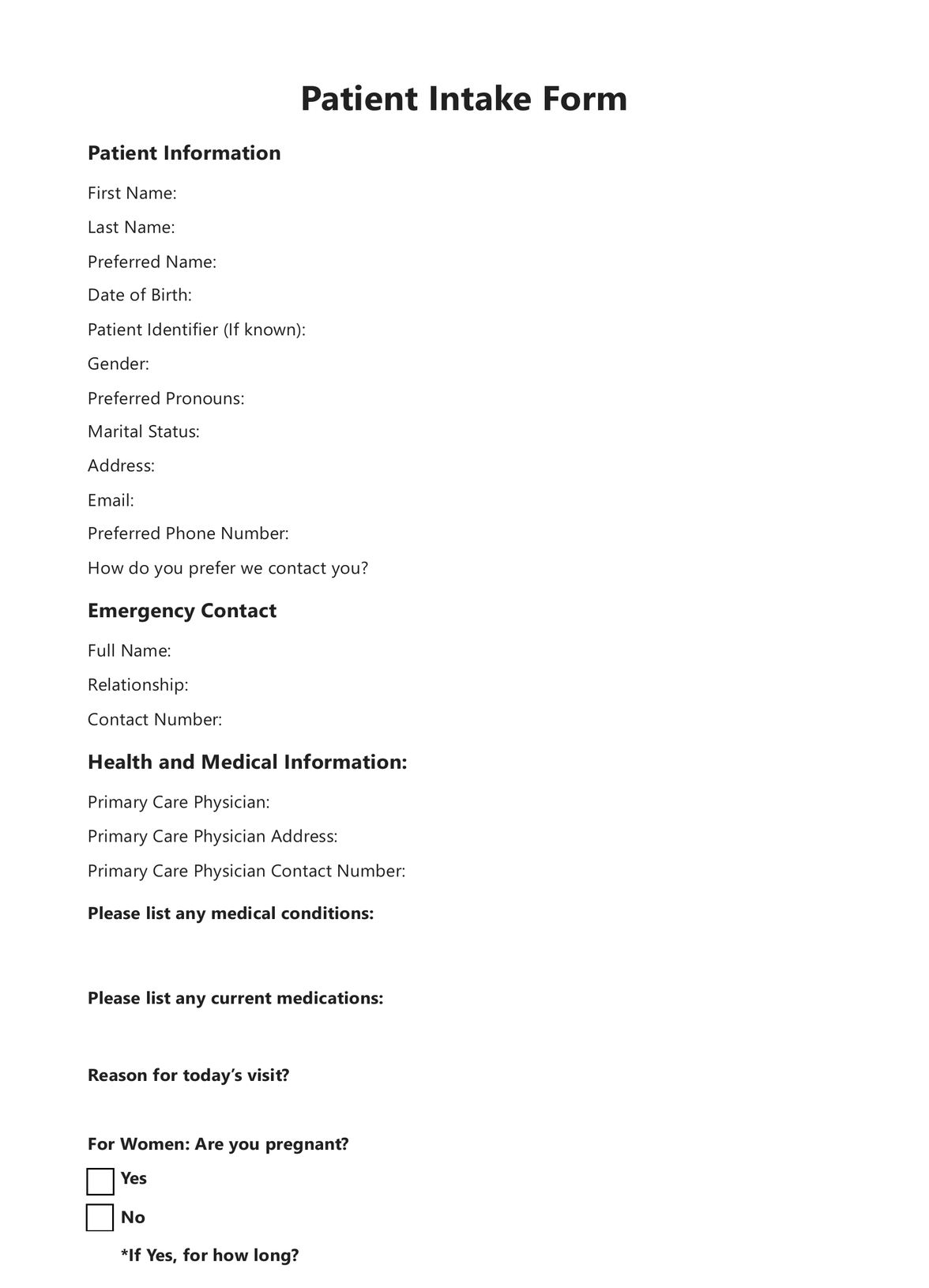Lisinopril Medication Template
Optimize Lisinopril management with our customizable Medication Template. Streamline documentation and enhance patient care with ease.


What is a Lisinopril Medication Template?
A Lisinopril Medication Template is a structured educational resource designed to provide comprehensive information about the medication Lisinopril, particularly for students in healthcare professions, such as nursing.
Lisinopril is an angiotensin-converting enzyme (ACE) inhibitor used to manage conditions such as heart failure and myocardial infarction and to prevent cardiovascular events in at-risk individuals.
This template serves as a learning tool, presenting crucial details about Lisinopril in an organized manner. It typically includes information on the pharmacological action of the medication, elucidating how Lisinopril functions to reduce blood pressure by selectively suppressing the renin-angiotensin-aldosterone system.
The template outlines the primary indications for Lisinopril use, covering its application in various cardiovascular and renal conditions, such as diabetic nephropathy and proteinuria.
Moreover, the template delves into essential considerations for healthcare professionals. It highlights contraindications, specifying situations where Lisinopril should not be administered, such as in cases of hyperkalemia, a history of angioedema, and renal failure with prior Lisinopril use.
The template also covers potential complications, medication administration guidelines, evaluation criteria for assessing effectiveness, and nursing interventions. Additionally, it addresses client education, ensuring that healthcare students are equipped with the knowledge to communicate effectively with patients about Lisinopril, its benefits, potential side effects, and the importance of adherence to prescribed regimens.
The template is a comprehensive resource that aids in the systematic learning and understanding of Lisinopril, facilitating the development of competence in medication management and patient care within the healthcare education setting.
Lisinopril Medication Template
Lisinopril Medication Template Example
How does it work?
Access and download
Begin by obtaining the printable Lisinopril Medication Template from a reliable source. Ensure the template is up-to-date and aligned with current medical guidelines.
Personalize information
Tailor the template to the specific patient by filling in essential details such as the patient's name, medical history, and current medications. This step ensures that the template becomes a personalized and applicable reference.
Pharmacological overview
Provide a detailed explanation of Lisinopril's pharmacological action, elucidating how it selectively suppresses the renin-angiotensin-aldosterone system, leading to vasodilation and blood pressure reduction.
Indications and contraindications
Clearly outline the conditions for which Lisinopril is indicated, such as heart failure, myocardial infarction, and prevention of cardiovascular events. Emphasize contraindications pertinent to the patient, including situations like hyperkalemia, a history of angioedema, and renal failure with prior Lisinopril use.
Administration guidelines
Specify dosage, frequency, and special considerations for safe and effective Lisinopril administration. This ensures that healthcare providers have precise instructions for medication management.
Complications and evaluation
Include sections addressing potential complications associated with Lisinopril use. Provide methods for healthcare professionals to evaluate the medication's effectiveness, fostering a comprehensive understanding of its impact on patient health.
Nursing interventions and education
Offer detailed guidance on nursing interventions, covering actions to respond to complications or side effects. Additionally, provide educational content for clients, ensuring they understand the benefits, potential side effects, and the importance of medication adherence.
When would you use this template?
The Lisinopril Medication Template is a structured and versatile resource designed for healthcare practitioners involved in initiating or adjusting Lisinopril therapy. It is particularly beneficial for:
Prescribing decisions
Utilize the template for standardized documentation of patient-specific details, including medical history and current medications. Tailor Lisinopril administration to individual patient needs, ensuring careful consideration of contraindications and potential complications.
Patient education sessions
When communicating essential information about Lisinopril, it is vital to employ a structured guide that covers its pharmacological action and potential side effects. Emphasizing the significance of adherence can also improve patient care.
Additionally, referring to guidelines on monitoring and addressing complications can further enhance the quality of patient care. Therefore, a comprehensive template can ensure healthcare providers have all the information to prescribe Lisinopril and manage its potential complications effectively.
Medication dispensing and counseling
During counseling sessions with patients, using a template that effectively conveys critical information about Lisinopril is essential. The template can reinforce the proper medication usage, address any concerns the patient may have, and promote medication adherence.
By utilizing this template, healthcare professionals can ensure patients clearly understand Lisinopril and feel confident in its effectiveness.
Education modules
The template can be used to develop educational modules for students and healthcare professionals. It is an efficient and practical tool that can facilitate comprehensive learning about Lisinopril, including its indications, contraindications, and nursing interventions.
What do the results mean?
The interpretation of results related to Lisinopril usage involves assessing key parameters, often monitored during treatment. It's important to note that individual responses can vary, and healthcare professionals should consider a holistic approach, considering patient history, concurrent conditions, and overall well-being. Below are common results and their interpretations:
- Blood pressure control: When blood pressure drops within the normal range, Lisinopril effectively manages hypertension. This successful control of blood pressure is crucial in reducing the risk of cardiovascular events.
- Adverse reactions: When a medication causes absence or only minor adverse reactions, like a slight cough or dizziness, it indicates tolerability. Such minimal side effects can enhance medication adherence, ultimately improving patient satisfaction.
- Potassium levels: It is essential to keep potassium levels within the normal range while taking Lisinopril, as it can cause excess potassium in the blood. This monitoring process is crucial in maintaining appropriate renal function and electrolyte balance. Stable potassium levels within the normal range indicate that the body is functioning well and everything is balanced.
- Improvement in renal function: Monitoring and analyzing the stabilization or improvement in renal function parameters is crucial, particularly in conditions like diabetic nephropathy. Positive changes in these parameters may indicate potential renal protection, making it necessary to watch them closely.
- Patient education: The patient comprehends and follows the Lisinopril treatment plan. Educating patients can improve medication adherence, leading to improved treatment results.
Research & evidence
The Lisinopril Medication Template is a contemporary educational tool rooted in a foundation of extensive research and clinical evidence supporting the application of Lisinopril, an angiotensin-converting enzyme (ACE) inhibitor.
Introduced in the late 20th century, Lisinopril has undergone meticulous scrutiny in numerous clinical trials and studies, solidifying its reputation as a highly effective medication for managing hypertension and various cardiovascular conditions (Elsevier).
The template aligns with the broader trend toward standardized documentation and patient-centered care. In healthcare settings, it is a valuable resource facilitating the delivery of consistent and comprehensive information to healthcare professionals.
The template's relevance is particularly pronounced given the diverse applications of Lisinopril, spanning conditions such as heart failure, myocardial infarction, and diabetic nephropathy.
The well-established clinical evidence supporting the efficacy of Lisinopril is underscored by large-scale trials like the HOPE and AIRE studies, demonstrating the benefits of ACE inhibitors, including Lisinopril, in reducing cardiovascular events and improving outcomes for patients with heart failure (Lopez, 2023).
Further, studies such as SOLVD highlight the effectiveness of Lisinopril in heart failure with reduced ejection fraction (Marks, 2023).
The development and utilization of the template echo the contemporary emphasis on knowledge transfer and systematic care practices in healthcare education.
It reflects a commitment to enhancing healthcare professionals' understanding of Lisinopril, promoting evidence-based decision-making, and ultimately optimizing patient outcomes (University of Illinois, 2021).
References
Elsevier, Inc. (n.d.). Lisinopril tablets. Cleveland Clinic. https://my.clevelandclinic.org/health/drugs/19162-lisinopril-tablets
Lopez, E. O. (2023, January 17). Lisinopril. StatPearls - NCBI Bookshelf. https://www.ncbi.nlm.nih.gov/books/NBK482230/
Marks, J. L. (2023, June 26). Lisinopril (Zestril) - side effects, interactions, uses, dosage, warnings. EverydayHealth.com. https://www.everydayhealth.com/drugs/lisinopril
University of Illinois. (2021, August 3). Lisinopril, oral tablet. Healthline. https://www.healthline.com/health/drugs/lisinopril-oral-tablet
Commonly asked questions
Use the Carepatron platform to create customized templates easily. Simply access the platform, select the template option, and personalize it according to your requirements.
Templates are utilized when managing patients prescribed Lisinopril. They serve as structured guides for healthcare professionals to document and communicate essential information about Lisinopril administration.
Healthcare professionals can use the templates to document patient-specific details, pharmacological actions, administration guidelines, and monitoring parameters. It aids in systematic and standardized documentation.
Healthcare professionals, including physicians, nurses, and pharmacists, create templates. These templates are personalized to individual patient needs and are a part of comprehensive healthcare management.


